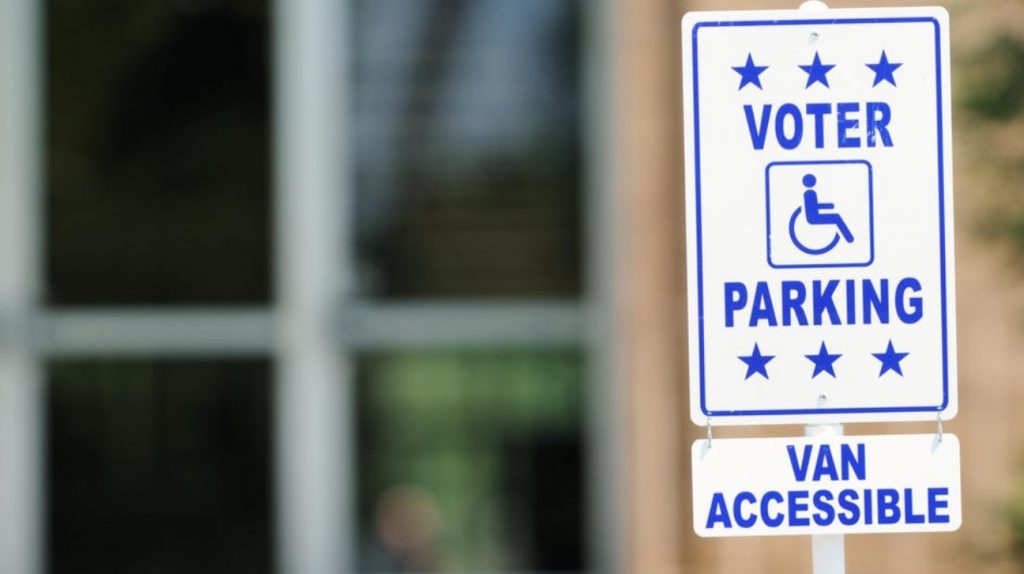
AccessiBe Chief Vision Officer Michael Hingson told CNBC on Monday there is significant need to make the internet more accessible for users who have visual impairments and other disabilities.
“There hasn’t been a lot of improvement. There’s been some,” Hingson said’ on “The Exchange.” “The problem is most people aren’t aware of what needs to be done, even programmers, most don’t know what needs to be done,” he added.
Hingson’s comments came on the 31st anniversary of the Americans with Disabilities Act, which President Joe Biden commemorated in a speech at the White House on Monday.
Accessible sites use a multisensory approach and a multi-interactivity approach that allow users to absorb digital content through multiple senses like both sound and sight, according to usability.gov, a resource for user experience guidelines run by the U.S. General Services Administration’s Technology Transformation Service. More than typical point-and-click services, accessible sites also have keyboard-based control and voice-based navigation abilities.
At present, Hingson said one challenge to improving accessibility on the internet is simply its vastness. Hundreds of new websites are created every minute, he said.
“Websites are proliferating much faster than accessibility can even be made available to them, because it’s all usually done by manual programmers who do one website at a time,” said Hingson, who is blind. He said accessiBe, which he joined earlier this year, tries to address the problem of scalability.
Founded in 2018 in Tel Aviv, Israel, accessiBe provides technology-based services to help websites meet accessibility standards for more than 110,000 global clients, including Porsche and British Airways. The company has received $28 million through two separate funding rounds from K1 Investment Management, after seeing revenue more than triple during 2020.
The company’s stated goal is to make the entire internet accessible by 2025. However, right now, the company says less than 2% of the 350 million active websites in the U.S. are considered accessible to people who have disabilities. According to the Centers for Disease Control and Prevention, 1 in 4 adults has a form of disability.
This year accesiBe launched a search engine, called accessFind, that it says is the first “for only accessible websites.”
There are many issues relating to access even on the “most supposedly accessible sites,” said Hingson, who wrote the book “Thunder Dog: The True Story of a Blind Man, His Guide Dog, and the Triumph of Trust.” Over the weekend, for example, Hingson said he tried to buy something on a major online website and “all I found were links that went to images and there was no description of them.”
























